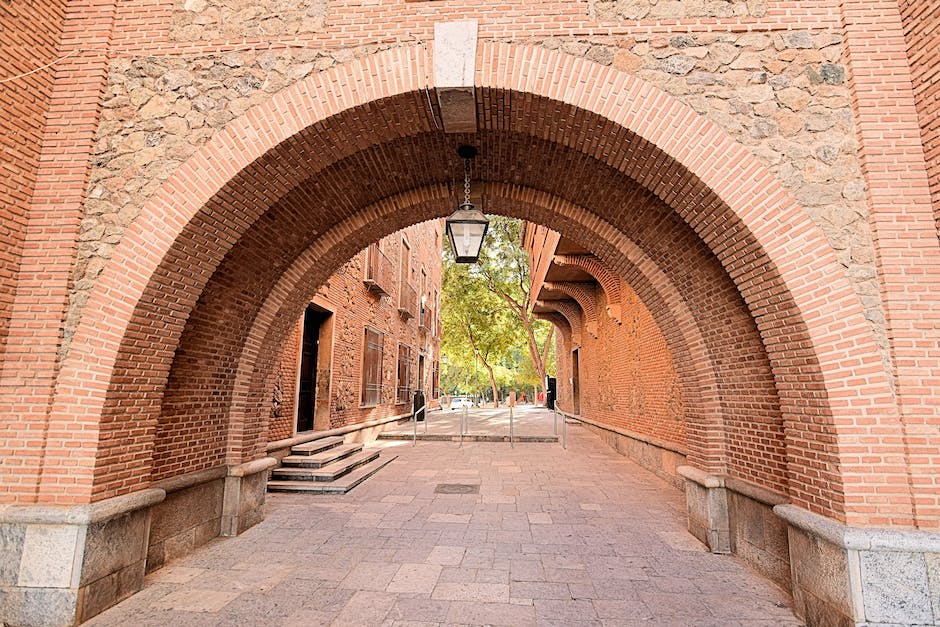Pronunciation can often feel like a hurdle to overcome, especially when it comes to complex words like "architecture." For many, this term evokes images of grand buildings and intricate designs, yet the correct enunciation may seem elusive. Whether you are a student of design, an aspiring architect, or simply someone who appreciates the beauty of structures around you, knowing how to pronounce architecture correctly can enhance your communication and confidence. In this article, we will guide you through the nuances of saying architecture, ensuring that you not only understand the word but can also articulate it with ease.
Understanding the phonetics behind architecture can often make a significant difference in both casual conversations and professional settings. The term is derived from the Greek word "architekton," which means chief builder. This historical context adds depth to the pronunciation, as it reflects the importance of the role architects play in our society. As we explore the correct pronunciation, we will also delve into its linguistic roots and cultural significance.
In addition to pronunciation, knowing how to use the word "architecture" in various contexts can elevate your discussions about design and creativity. Properly articulating this term signals to others that you have a grasp of the subject matter, which can be particularly beneficial in educational or professional environments. So, let's dive into the world of architecture and learn how to pronounce architecture with confidence!
What is the Correct Pronunciation of Architecture?
The correct pronunciation of architecture in American English is /ˈɑːrkɪtɛktʃər/. To break it down phonetically, it sounds like "ahr-ki-tek-chur." The emphasis is on the first syllable, and it flows smoothly into the subsequent sounds. In British English, the pronunciation varies slightly to /ˈɑːkɪtɛktʃə/, sounding more like "ahr-ki-tek-chuh." Understanding these differences is crucial, especially for those communicating in international settings.
Why is Pronunciation Important in Architecture?
Proper pronunciation in architecture matters for several reasons:
- Professionalism: Clear communication demonstrates expertise and respect for the field.
- Networking: Correctly pronouncing terms allows for better connections with professionals and peers.
- Education: Mastery of terminology enhances learning experiences and discussions in academic settings.
How Can I Practice Saying Architecture?
Practicing pronunciation can be done in various ways:
- Listen and Repeat: Use online resources or pronunciation apps to hear the word pronounced by native speakers.
- Record Yourself: Compare your pronunciation to established sources to identify areas for improvement.
- Engage in Conversations: Use the word in discussions about architecture to reinforce your comfort with it.
What Common Mistakes Should I Avoid When Pronouncing Architecture?
Many people make common mistakes when saying architecture, such as:
- Overemphasizing the syllables, making it sound disjointed.
- Misplacing the stress on the wrong syllable.
- Using an incorrect vowel sound, particularly in the second syllable.
Who's the Architect Behind Architecture?
The term architecture is not just associated with a single person; rather, it encompasses a vast array of renowned architects who have shaped our understanding of the discipline. However, one figure often celebrated is Frank Lloyd Wright, an influential architect known for his innovative designs and philosophies that emphasized harmony with nature.
Biography of Frank Lloyd Wright
| Detail | Information |
|---|---|
| Born | June 8, 1867 |
| Died | April 9, 1959 |
| Nationality | American |
| Notable Works | Fallingwater, Guggenheim Museum, Taliesin |
| Awards | Gold Medal from the American Institute of Architects |
How Did Frank Lloyd Wright Influence Modern Architecture?
Frank Lloyd Wright's contributions to modern architecture are profound. He introduced concepts such as organic architecture, which emphasizes harmony between human habitation and the natural world. His designs often featured open floor plans, large windows, and an integration of the surrounding landscape, creating an immersive experience for occupants. This innovative approach has inspired countless architects and continues to influence contemporary design.
What Can We Learn From Wright's Philosophy on Architecture?
Wright believed that architecture should be an expression of its environment. His ideas encourage architects and designers to:
- Consider the natural landscape in their designs.
- Utilize materials that resonate with the surrounding environment.
- Foster a sense of community and connection through thoughtful architectural planning.
Conclusion: Embracing the Pronunciation and Philosophy of Architecture
In conclusion, understanding how to pronounce architecture is not just about mastering a single word; it's about embracing the philosophy and essence of a discipline that shapes our world. By practicing proper pronunciation, learning from influential figures like Frank Lloyd Wright, and appreciating the significance of architecture in our lives, you can engage more meaningfully in discussions surrounding this art form. So go ahead, confidently say "architecture" and let your passion for the field shine through!
You Might Also Like
Cafe Latte Vs Latte: Unraveling The DifferencesUnraveling The Dark Side: A Journey Through Serial Killer Documentaries On Hulu
Exploring The Impact Of False Report Spamming On Roblox
Dudley Town, CT: The Enigmatic Ghost Town Of Connecticut
Discovering The Vibrant World Of Nashville Salsa Dancing
Article Recommendations
- Salt Trick For Men Performance
- Edward Bluemel Face Medical Condition
- Dan Levy Wife
- Sarah L Porter
- Jellybeanbrains Leaked
- Emma Watson Naked
- Tori And Zach Roloff Sad News
- Julesari Onlyfans Leaks
- Is Michael Boulos A Christian
- Diddy


